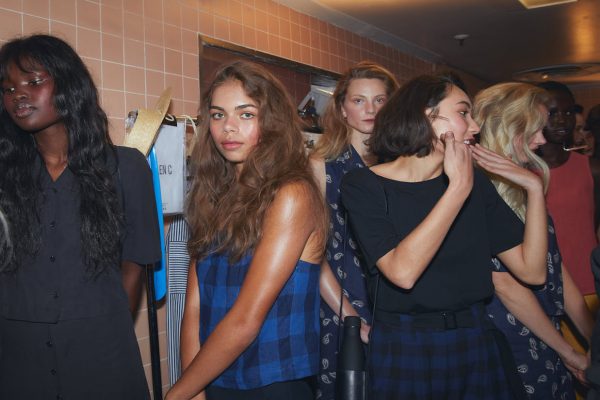The dress in your wardrobe, the sheets on your bed, the tea towel in your kitchen; cotton is everywhere.
Yet, we don’t talk about the cotton issue enough. Cotton production is increasingly becoming a global problem that affects millions of people in negative ways. Thankfully, organic cotton is popping into mainstream fashion and language.
But, just like the fad of the organic food industry, no one knows what it means and why (or even if) it’s the preferred alternative.
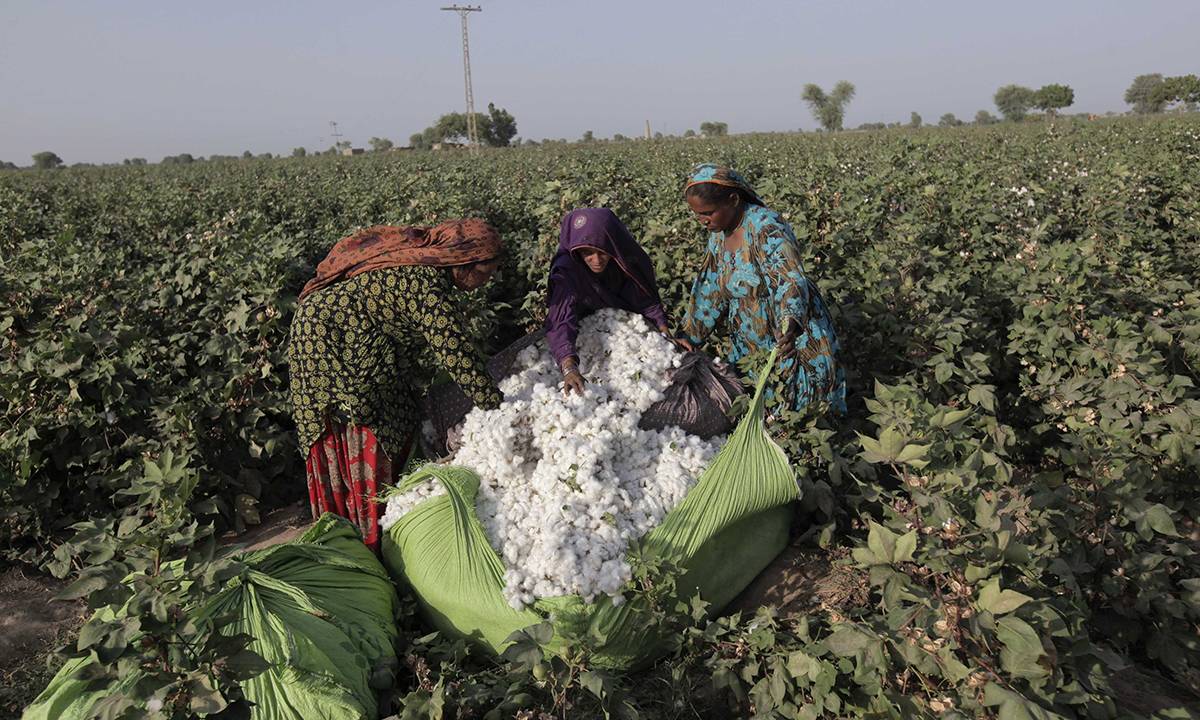
What is it?
Organic cotton is grown without any chemicals such as pesticides, insecticides, herbicides, and genetically modified (GM) organisms. This means the soil is kept fertile and clean, allowing for biodiversity and thriving agriculture. Organic cotton draws on tradition, innovation, and scientific methods to grow crops, rather than utilise chemicals which damage the ecosystem, including the people.
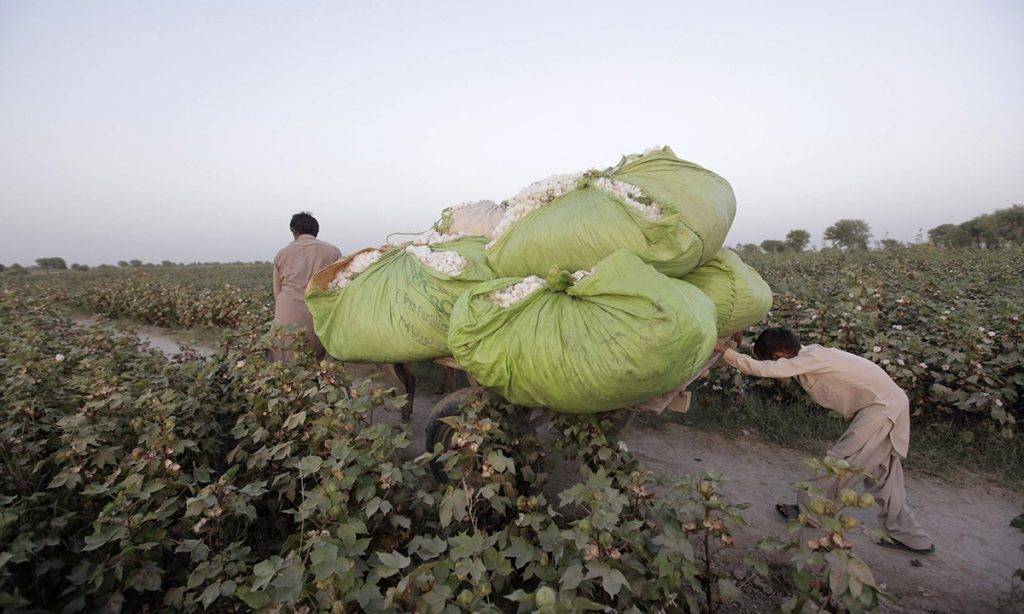
Why organic cotton?
Cotton farms are sprayed with 16% of the world’s pesticides, leaving more than just one group of people affected. Farmers who harvest and tend to the cotton farms daily, breath these chemicals in, absorb them through the soles of their feet, and end up with the long-term effects of chemical poisoning, such as asthma and other respiratory related conditions.
Chemicals drained into the water ways kill fish and insects, disrupting ecosystems, and poisoning food supplies. The seamstresses who turn the fabric into garments, are exposed to the chemicals too. Even the consumer may experience a head ache or itchiness if chemicals are still present. Chemicals have a huge impact on everyone in the supply chain, however, farmers remain uneducated about the effects, leading to serious illness and death.
Organic cotton does not use synthetic pesticides or insecticides and leaves behind these chemically produced issues. It uses 71% less water to grow, and 62% less energy. With organic cotton based clothing, you can feel confident wearing something that isn’t going to detriment your health, and hasn’t harmed others either. Although less than 1% of all cotton grown is organic (presented in OTA’s 2012 report), there’s hope when we see companies such as H&M joining in the organic cotton industry.
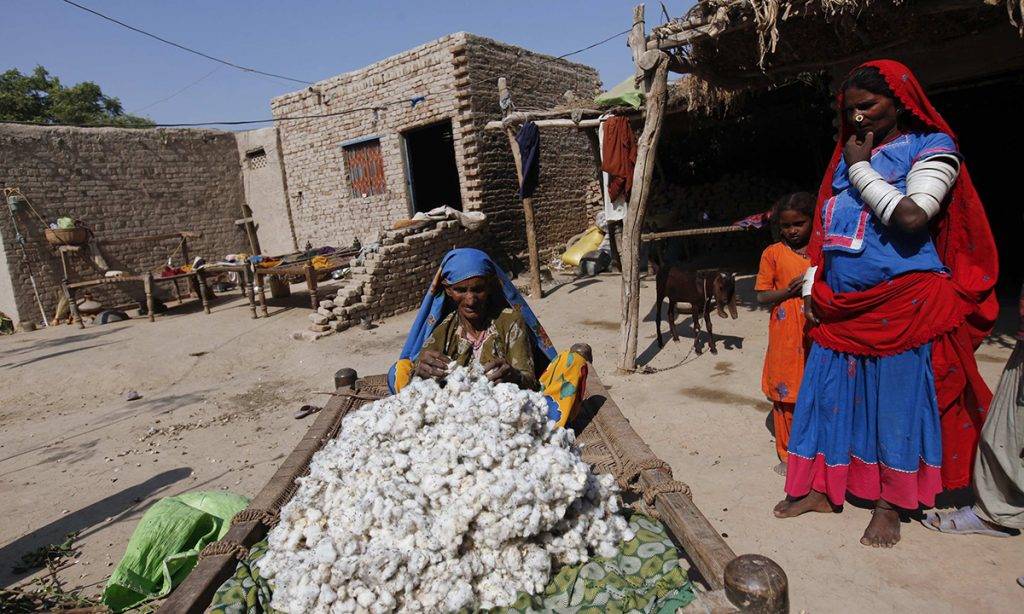
The GM Cotton Issue
Monsanto is currently the world’s biggest seed and pesticide corporation, leading the way in GM seed development, and taking monopoly over GM seed prices. They are also the cause of thousands of farmer suicides throughout India and China. Over 54,000 suicides were recorded between 1995 and 2017 in Maharashtra, India, averaging at 2,454 suicides a year. Farmers are choosing death over the stress of debt.
Firstly, Monsanto continuously increase seed prices, throwing farmers into more and more debt. Secondly, they have made their seeds non-renewable, meaning the seeds from past crops cannot be used for the next crop; the farmers must buy more. This throws farmers into utter despair and depression. Cotton is also grown as a monoculture, when in the past it relied on surrounding crops to protect against pests, disease, drought, and crop failure. The change of growth style reduces the success of crops. Monsanto have created a monstrous cotton issue, and it needs to be stopped.
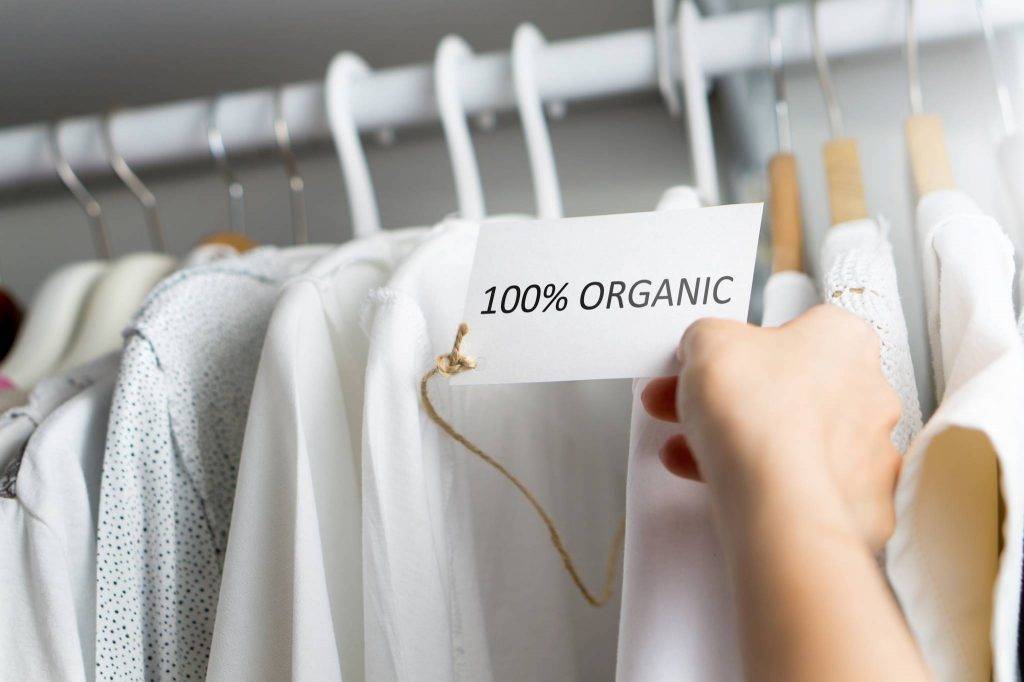
Buy thoughtfully, and create demand
Approximately 75% of our clothing incorporates cotton. 300 million farmers in 80 countries rely on the cotton industry for their livelihood. Boycotting the cotton industry is not the solution. To consider the whole picture, organic cotton comes with downfalls and controversy too, like the extra land, water, and time needed for growth. Although organic cotton is seemingly better than conventional, minimising the product per input seems to go against sustainability. So, is organic cotton really the solution?
Research continues, and the debate grows, but perhaps the answer is to consume less, and when consuming, let it be organic cotton. If we didn’t consume as much, we may be able to sustainably support rain-fed organic cotton farms. But who knows until we’ve tried!
Regardless of the controversy and suggested ways to solve this complex issue, a higher demand for cotton that does right by people and the planet, can have an impact on a problem that will be impossible to solve overnight.
